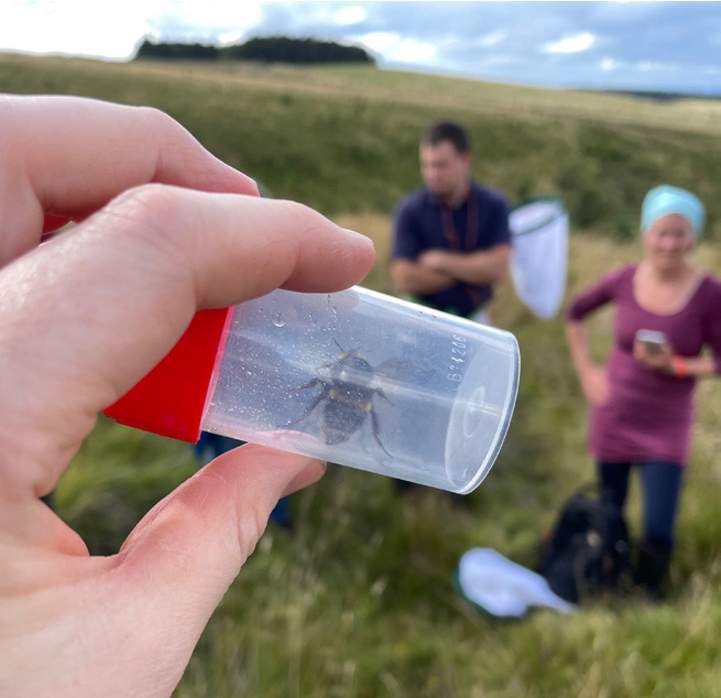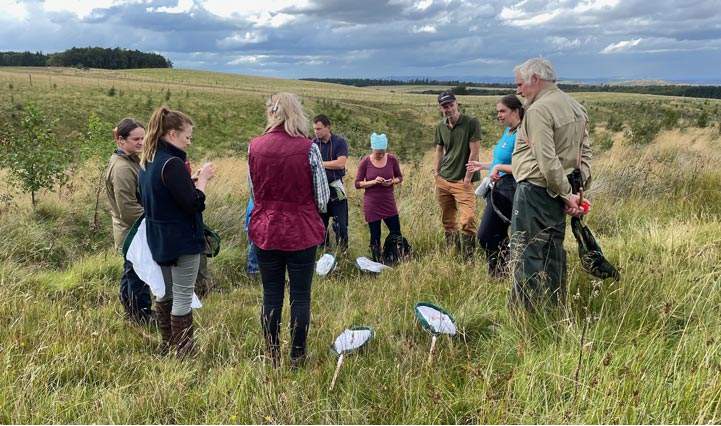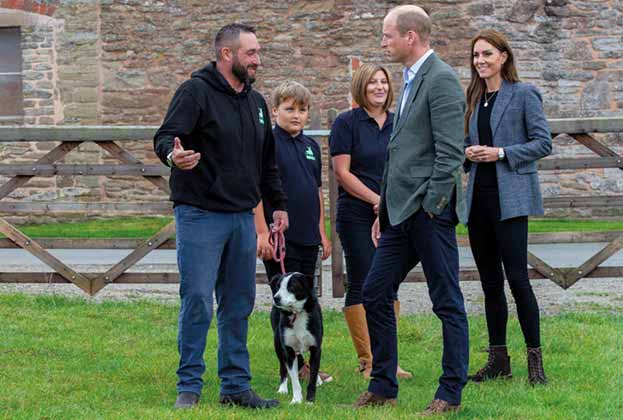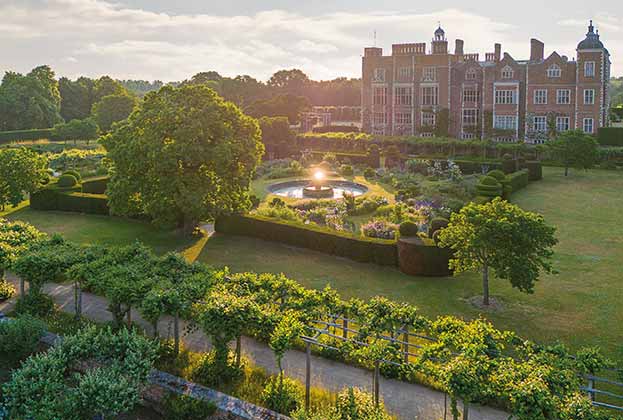How one organisation has placed social value at the heart of everything it does
The Pentland Land Managers Association (PLMA) is a group of farmers in and around the Pentland Hills, who have nature and social value at its heart. PLMA pool resources to work with a range of stakeholders to improve the area for nature as well as for everyone who works in, visits and manages this natural resource.
The PLMA is the first Wildlife Estate Scotland (WES) cluster, which is an accreditation scheme that promotes best practice in habitat and wildlife management. The aims of the PLMA include educating visitors on the landscape, nature and farming; improving visitor infrastructure; restoring nature and enhancing biodiversity; and working with others including the Pentland Hills Regional Park, Friends of the Pentlands and other community groups.
The Pentland Hills span 20 miles from the southwest edge of Edinburgh and are both accessible and visible to its population of over half a million people. The northern end of the hills are designated as a Regional Park and the whole area is used for a variety of recreational activities including walking, mountain biking, horse riding and golf, as well as having an artificial ski slope.
The land, which is predominantly upland pasture with a few forestry plantations will be within the Wildlife Estate. The land has a mix of ownership including the Ministry of Defence (MOD), SRUC (Scotland’s Rural College) and small family farming businesses and estates. The MOD uses part of the land and there are several reservoirs situated within the hills.
We are creating mechanisms so local businesses can support nature recovery in the Pentlands
Lucy Jenner, head of natural capital for Savills in Scotland
Vision
PLMA is focusing on the natural environment, but this is closely aligned with encouraging responsible public access to the hills that works alongside the farming and rural businesses that operate from there. The proximity to the city and its tourists has put pressure on the hills from the large number of recreational visitors. PMLA supports enjoyment of the countryside for the shared benefit and wellbeing of the visitors, nature and communities that live and work there. It is hoping to prove that investment in nature can provide diversified income streams to secure rural jobs and maintain rural communities.
Working landscape
PLMA defines a working landscape as a functioning, sustainable landscape where no individual’s activity negatively impacts another. It is a working landscape on the urban fringe where there is a crucial need to balance recreational activity with farming and nature recovery. PLMA believes that social value and social understanding is essential. Effective communication between the rural communities and the public can help to achieve the aforementioned balance and PLMA is striving to work collaboratively with visitors, community groups, policymakers and politicians to find solutions for the mutual benefit of all.

Community engagement
Although the location of the Pentland Hills Regional Park presents challenges, it also offers opportunities for farmers and land managers to communicate with a wider audience about rural issues. Members of PLMA represent the 80% of the park area that is in private ownership. They work together to share information and work respectfully with all stakeholders to resolve issues. PLMA also provides an accessible channel for the public and policymakers to reach out to the Pentland’s rural communities.
Private finance for nature recovery
Project L-AND is a partnership between nature recovery consultants Ecosulis and the PLMA to collaborate on improving the environment and biodiversity in the Pentlands, working closely with Savills Scottish Natural Capital team. The project aims to deliver ambitious nature enhancement across the PLMA’s landholdings.
A survey has been launched asking the public to comment on what developments they would like to see to help nature in the Pentland Hills, thus further involving the local community in the project.
The project has recently been boosted with development funding from the Facility for Investment Ready Nature in Scotland. Delivered by NatureScot in collaboration with the Scottish government and in partnership with the National Lottery Heritage Fund.
The PLMA engage with the Pentland Hills Regional Park, local wildlife groups and the Friends of the Pentlands to ensure all voices are heard
Lucy Jenner, head of natural capital for Savills in Scotland
The project will also involve local businesses who are looking to support high-integrity natural capital projects close to home. Lucy Jenner, head of natural capital for Savills in Scotland, says, “It is hoped that we can leverage private finance from local businesses for nature recovery in the Pentlands, delivered by the farmers who live and work there. More and more companies are measuring and managing their environmental and social impacts. As half of global GDP relies intrinsically on nature, protecting natural resources is an essential part of managing risk, and we’re creating mechanisms to enable businesses to play their role in supporting nature recovery.” This funding will support local farming businesses to deliver nature recovery.
The project delivers social value by supporting rural jobs, while increasing public and community benefit and enhancing nature, which ultimately boosts everyone’s wellbeing. Local businesses investing in local natural capital means they are supporting the wider value of the project. PLMA understands this wider value, which is why this project has had community engagement from the start, and has been sensitive to the unique pressures on this landscape, to try and deliver value for people, nature and the economy.

BALANCING BIODIVERSITY WITH PUBLIC ACCESS
The PLMA Wildlife Estates Scotland collaboration
The PLMA has created a collaboration of land managers with Wildlife Estates Scotland (WES). The scale of land managed under the PLMA means that the creation of wildlife networks is possible and the close proximity to the urban fringe of Edinburgh makes this unique.
The collaboration has self-funded an extensive habitat and biodiversity survey of the area, which becomes the baseline dataset that will inform all decision-making.
Having comprehensive data on biodiversity in the hills allows PLMA to scientifically balance the needs of native wildlife, the rural businesses and of public access and recreational usage of the hills.
An understanding of the current issues and pressures facing rural businesses and land managers, alongside a strong desire to nurture biodiversity to the benefit of all, means that the PLMA are confident that their collaboration with WES will become both visionary and exemplary.
The success of this collaboration will be strengthened by the sharing of the collated data and the actions it inspires.
There is a planned combined education and public engagement exercise that will allow all stakeholders of the Pentlands to work together for the common benefit and ultimately the provision of a regional park with biodiversity at its core.
FACT FILE ON THE PLMA
- Formed in October 2020 in response to the rise in irresponsible access problems impacting member individuals and businesses.
- PLMA objective is to make the Pentlands a better place for those who live and work within it and also for those who visit.
- Over 6,000 ha.
- More than 600,000 visitors per year.
Read the articles within Spotlight: Social value in a rural context below.
.jpg)


